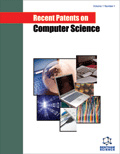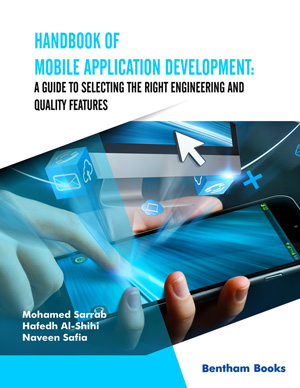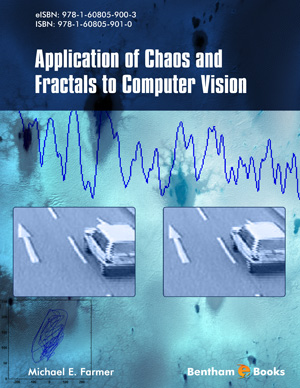Abstract
The AI-powered conversational agent known as ChatGPT has received
significant attention due to its exceptional performance in natural language processing
tasks and its exponential growth in user base. While ChatGPT has demonstrated its
ability to generate knowledge across various domains, its proficiency in identifying and
expressing emotions remains uncertain. Recognizing and understanding emotional
states, both in oneself and others, is widely acknowledged as a crucial aspect of mental
health, referred to as emotional awareness (EA). The present study employed the
Levels of Emotional Awareness Scale (LEAS) as a standardized and task-oriented
metric to assess the efficacy of ChatGPT in addressing twenty distinct scenarios. The
present investigation sought to conduct a comparative analysis of ChatGPT's
proficiency in emotional awareness (EA) vis-à-vis the general populace, ascertained
through prior scholarly inquiry. A follow-up evaluation was conducted one month later
to assess potential improvements in ChatGPT's emotional intelligence algorithm over
time. Additionally, licensed psychologists independently evaluated the appropriateness
of ChatGPT's EA responses in the given context. The preliminary evaluation indicates
that ChatGPT exhibits a considerably greater level of proficiency in all aspects of the
LEAS in comparison to the general populace, as evidenced by a Z score of 2.79. The
post-evaluation analysis revealed a significant enhancement in the operational
efficiency of ChatGPT, exhibiting a close proximity to the highest achievable LEAS
score, Z score = 4.15. Furthermore, ChatGPT exhibited a statistically significant level
of precision, achieving a score of 9.7 out of 10. These findings suggest that ChatGPT
exhibits a high level of proficiency in generating appropriate responses for EA, and its
effectiveness may significantly improve over time. The results have important
implications in both theoretical and practical contexts. Integrating ChatGPT into
cognitive training programs could hold potential for addressing executive attention
deficits in clinical populations. Moreover, ChatGPT's EA-like capabilities can aid in
the assessment and diagnosis of psychiatric disorders, as well as advancing our
understanding of emotional language. Additional investigation is required to
comprehensively scrutinize the potential advantages and disadvantages of ChatGPT
and optimize its application for advancing psychological well-being.






















